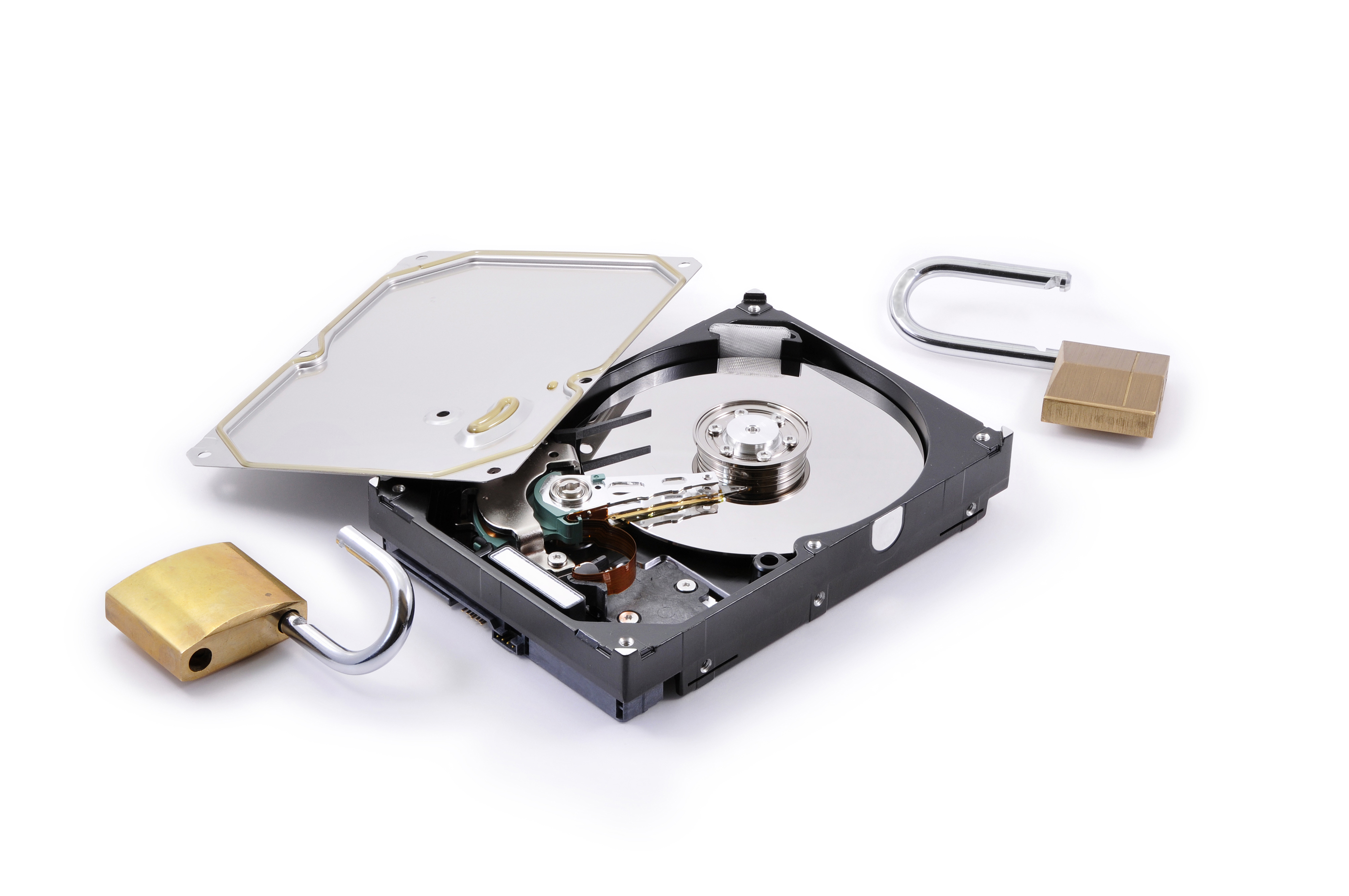February 17, 2022
How to Securely Destroy Your Hard Drive
With the way technology and security threats have advanced over the years, many organisations are using hard drives to store important and confidential data. While using an external hard drive for data storage does reduce the risks of unauthorised access to your data via your organisation’s network, these devices come with their own risks as well, particularly when no longer needed. It is important to understand and mitigate those risks, especially when it comes to the disposal of hard drives that are no longer needed. What happens to your old technology could have serious consequences for your business and your reputation, and could leave you vulnerable to criminal elements or fines.
Unfortunately, many businesses are not aware of how to destroy a hard drive securely. The most common ways that organisations dispose of their hard disks leave them exposed to the risk of data breaches that could potentially cost millions in damages, fines and lost business.
Here are 3 ways businesses are putting their electronic data at risk:
Throwing Away Old Hard Drives
- Many organisations assume that just because their data is no longer current, it has become obsolete. To them, this data is quite literally, rubbish. Therefore, hard drives are simply thrown out together with other unwanted items. However, this is a highly unsecure method of disposal and makes it entirely possible for unauthorised individuals to gain access to the data simply by getting a hold of the hard drive. When disposing of hard drives this way, it is also impossible to keep track of their whereabouts after they leave your possession, so your organisation will be unaware if they end up in the wrong hands until it is too late.
Encrypting Hard Drives (Before Throwing Them Away)
- If you think that encrypting an HDD before disposal is entirely secure, you are mistaken. Technology is improving at such a fast rate and processor speeds are increasing so rapidly that many older forms of “uncrackable” encryption have already been broken. Furthermore, just because your encryption is strong enough today, does not mean it will continue to be so over time. This is why today we are seeing the emergence of data from old hacks that have taken years to decrypt.
Deleting Data off the Hard Drives
- Wiping your disk to delete the information off your hard drive before disposing of it, is also not a guaranteed method of disposal. There is still a high chance of hackers retrieving the deleted information through various programs, many of which are widely available online. There are even online guides on how to retrieve deleted files from hard drives, which means that even a relatively unskilled person could be capable of retrieving your deleted data.
What Should You Do Instead?
The only way to ensure that a data breach does not occur when disposing of old hard drives is to physically destroy the hard drive through shredding or crushing. This minimises the chances of a data breach tremendously, ensuring that even if a hacker were to gain access to the physical device, it would not be in one piece and information recovery would be impossible. There are many ways to destroy a hard drive but the best way would be to partner with an organisation that specialises in hard drive destruction and provides a certificate of secure destruction for your devices. Destroying your HDD is just one way to prevent a data breach. You should also destroy your unwanted paper documents through shredding, thereby protecting your data and making sure it does not end up in the wrong hands.
Start Protecting Your Business
To learn more about how Shred-it can protect your documents and hard drives, please contact us to get a free quote and security risk assessment.



.jpg/_jcr_content/renditions/stericycle-306-198.jpeg)